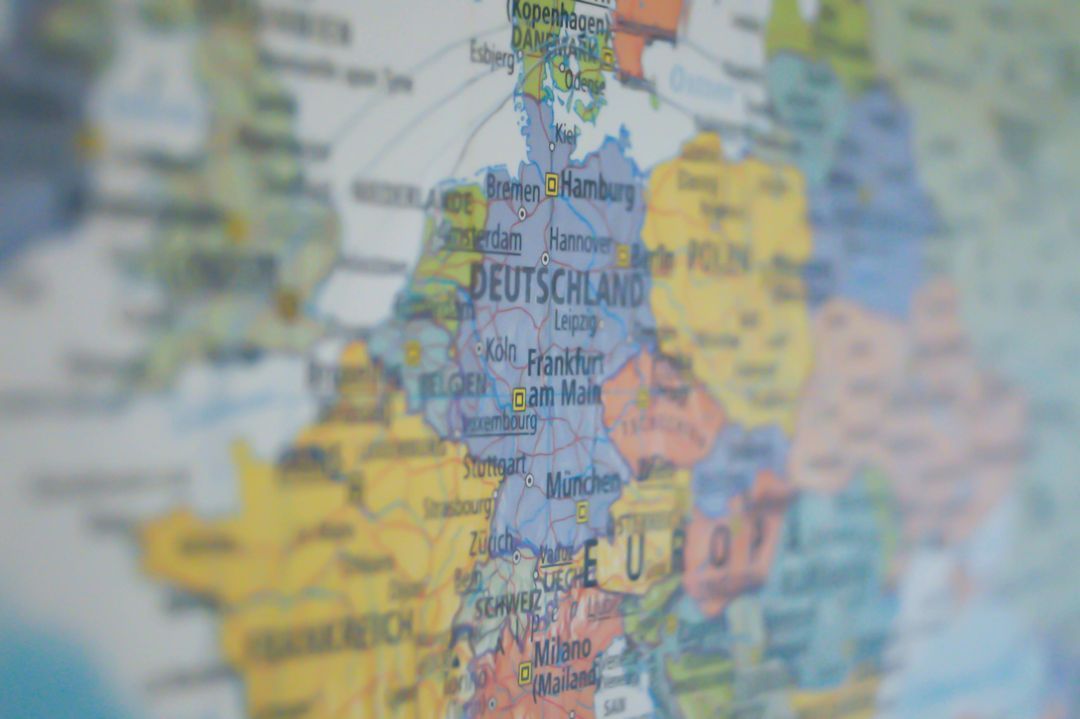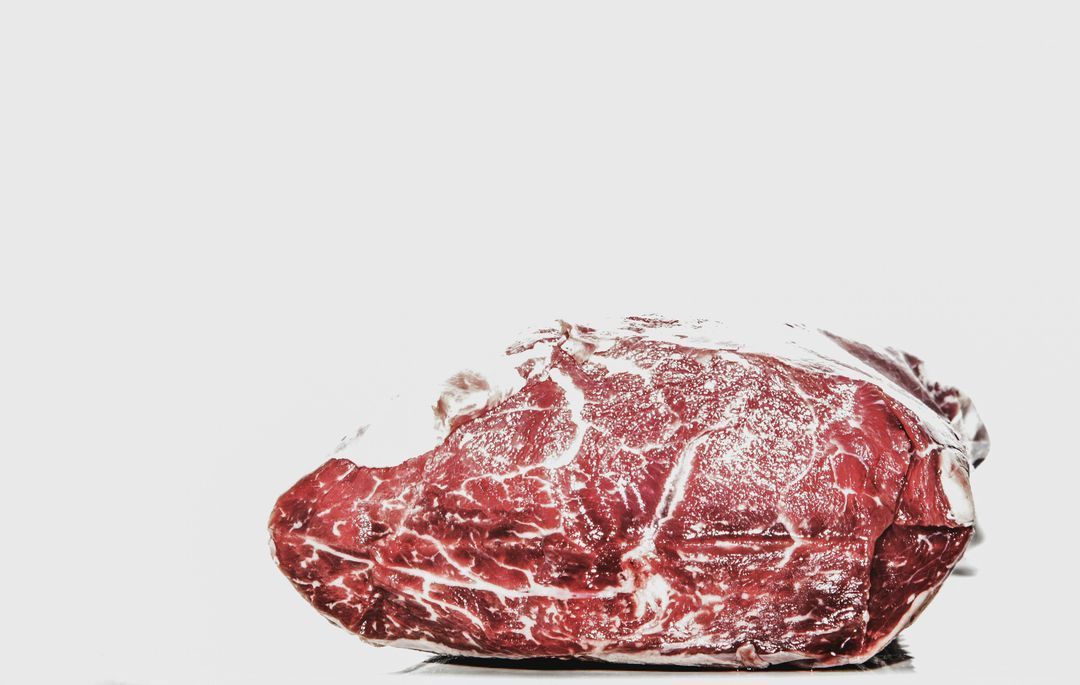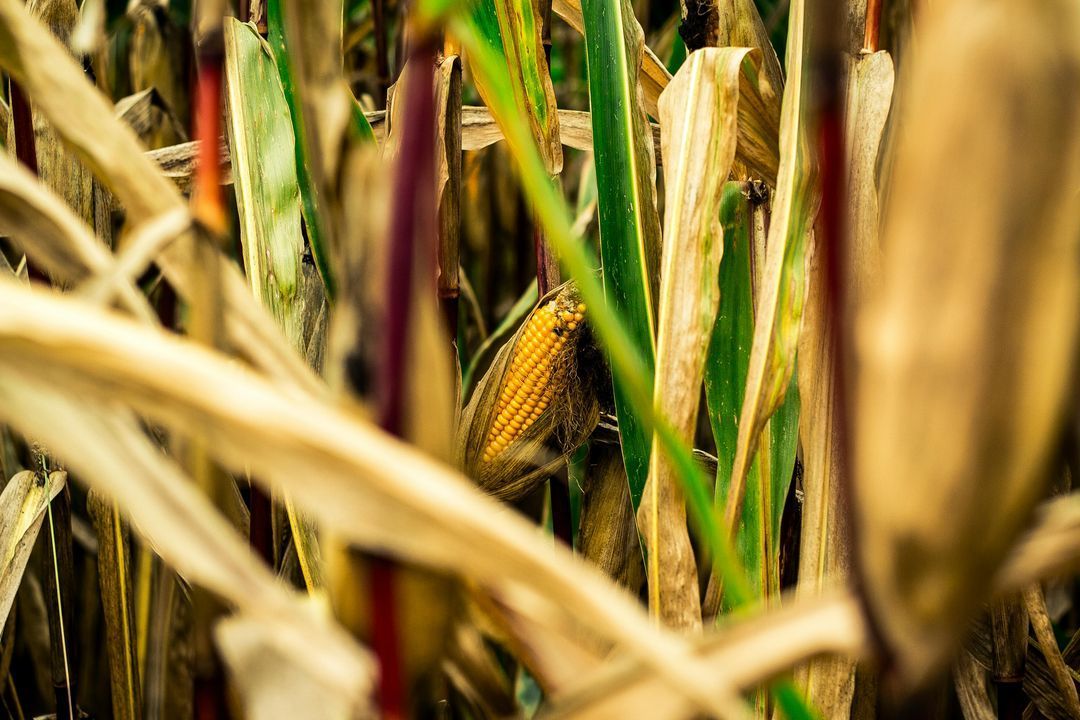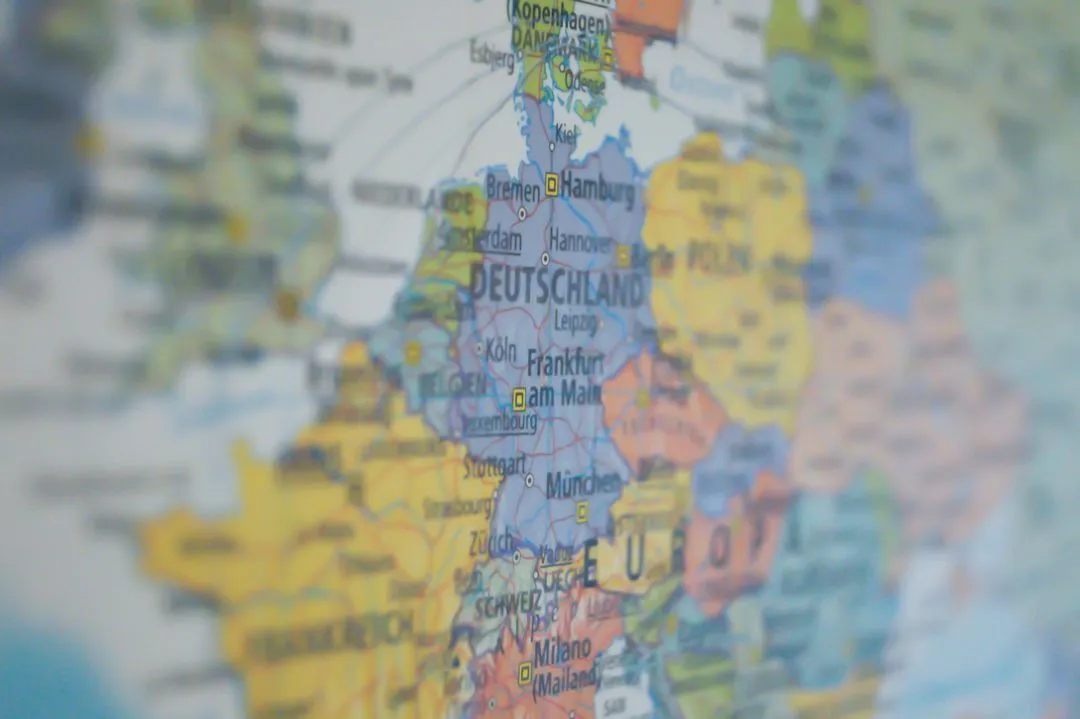Cultured Meat and Synthetic Food: Between Innovation and Tradition

Imagining a future where food is produced in laboratories, without farms or slaughterhouses, can evoke conflicting emotions: on the one hand, a revolutionary idea that promises minimal environmental impact and respect for animals; on the other, the fear of losing a piece of our gastronomic heritage and cultural values.
Where we are now, in Europe and in Italy
In the European landscape, cultured meat is not (yet) present on the shelves. First of all, any cell-based product must be considered a novel food and receive a safety assessment from the EFSA to pass the European authorization process, which usually takes 18 months. Currently, no company has submitted a complete dossier for EFSA review, so no product is approved in Europe.
In Italy, however, the response was much more decisive: with Law No. 172 of December 1, 2023, Parliament banned the production, marketing, and even the use of names traditionally associated with meat for plant-based or cellular products—and provided for fines ranging from €10,000 to €150,000. This law, promoted by Coldiretti and Minister Lollobrigida, is based on the precautionary principle and the defense of Italian agricultural culture.
Innovation vs. Conservation: The Political Debate

Italys decision reflects a clear division along political lines: on one side, the sovereign right , represented by the Brothers of Italy and the League, along with traditional agricultural associations, strongly supported the law. The central argument was to protect the connection between food, land, and labor, preventing foreign innovations from undermining the countrys culinary identity.
On the other hand, progressive forces (+Europe, PD, M5S) together with many biotech startups have criticized the ban as anti-scientific and protectionist , arguing that it slows down innovation, limits consumers freedom of choice and drives away investments and talent, which could go abroad.
The European Union has also expressed reservations: Italy has allegedly violated the TRIS notification mechanism and violated the principles of the single market by entering the market before Brussels could express its opinion. If Brussels officially authorizes cellular products, the Italian veto could be considered an unjustified barrier to trade.
The undisputed advantages
Supporters of cultured meat, supported by independent data, highlight the potential positive impact on the environment and health: emissions reductions of up to 90%, land and water savings, elimination of antibiotic use, and reduced health risks. Countries such as the UK, Singapore, the USA, and Israel have already authorized cell-based products, demonstrating that innovation and safety can be reconciled.
Those looking to the future see cultured meat as a concrete answer to the unsustainability of intensive farming and the consequences of climate change.
The reasons of those who hold back
Those who focus on tradition highlight the risk of cultural alienation : in Italy, meat isnt just a food; its an expression of local identity. Keeping this heritage alive requires protecting long-established farms, local recipes, and historic supply chains.
Furthermore, the authorities themselves have raised concerns about the potential long-term effects, nutritional value, and actual sustainability of bioreactors not being powered by renewable energy. Others highlight the fear that bioreactors will become the domain of a few biotech giants, crowding out traditional agricultural enterprises.
Beyond the No: A Possible Italian Way Forward

The challenge isnt between innovation and tradition, but between a forced softening of the system and its potential balance. Heres how Italy could mediate:
- Temporarily suspend domestic sales until EFSA and the EU have completed their studies and approvals.
- Invest in publicly funded research for Italian biotech startups, perhaps partnering with local agri-food supply chains.
- Transparent labeling , clearly distinguishing cultured meat from conventional meat, without demonizing one or the other.
- Transition Fund : supporting traditional livestock farmers in their adaptation processes, promoting sustainable production and protecting jobs.
- Harmonized regulation across the EU , to ensure that, once approved, cellular products can be manufactured uniformly and safely across all Member States.
Conclusion
The Italian law on synthetic foods reflects understandable concerns related to the protection of traditions, the environment, and agricultural labor. But in a globalized world with growing climate impact, completely shutting ourselves off from innovation can mean missing out on opportunities that other countries wont let slip.
Whats needed, therefore, is a farsighted vision that combines precaution with controlled openness , ensuring safety and sustainability, while embracing progress. Only in this way can we build an Italy capable of defending its cultural identity and, at the same time, engaging as a leader in the future of the global agri-food sector.

gourmet
Data di inserimento 07 lug 2025
Report article


Comments
There are no comments yet.